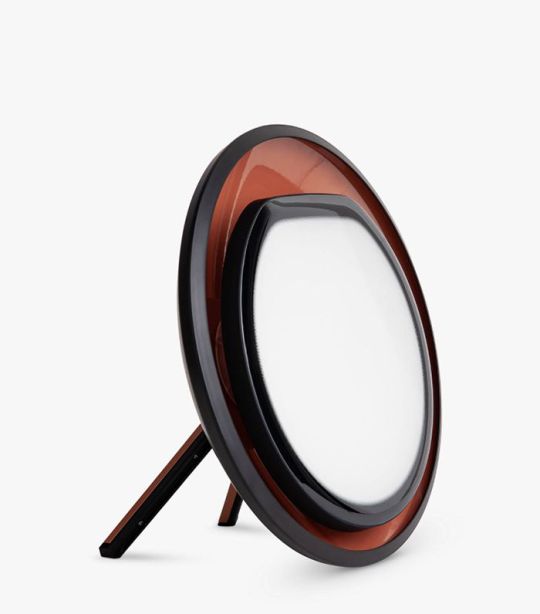November 29, 2021 at 06:30AM
Some might say that I am a self-deprecating person, however I don’t want that to lessen the impact of my following statement because it really is true. I am incredibly lazy. Everything from my makeup routine to my cooking is rooted in laziness. If I could have it my way, I’d lay horizontal and have someone bring me cups of tea all day long. My lack of motivation to do, well, just about anything, is truly astounding.
And that is never truer than in winter. Living in the UK means that as soon as the clocks go back in October, darkness starts setting in from about 3.30pm, and the cloudy weather means sunlight is scarce enough as it is. Suffice to say, this doesn’t do a lot of good for my productivity and motivation. In fact, I would go as far to say that, come winter, I’m one big ball of negativity.

However, a few years ago I was alerted to the mood-boosting abilities of an SAD lamp by one of my go-to aestheticians, Pamela Marshall at Mortar & Milk. When I told her of annual winter slump (which, let’s face it, lasts for most of the year in England), she began waxing lyrical of the mood-boosting properties of LED lights. She noticed that after an LED facial, many of her clients noted a lift in their mood, too.
There can be a more serious side to the reduction in sunlight—SAD (seasonal effective disorder) is a form of depression that follows a seasonal pattern. SAD is thought to be linked to the reduced exposure to sunlight, causing certain parts of the brain to become lethargic. The main theory, according to the NHS, is that it stops part of the hypothalamus functioning properly, causing an increase in production of melatonin (the hormone that makes us feel sleepy), a reduction in serotonin levels (serotonin is a ‘happiness’ hormone) and a general malfunction of our circadian rhythm.

Since learning of SAD and the apparent role that light plays in its onset, I decided to invest in an SAD light. Before I get into my experiences with SAD lights, I would like to caveat that if you are struggling to cope with SAD, it is really important to book in with your GP. My own experience with SAD is mild and manageable, so I felt as though helping boost my daily exposure to light was worth a shot.
The theory goes that investing in a lamp that simulates the sort of bright sunshine you might expect on a summer’s day can help trick your brain into reducing its melatonin production and boosting production of serotonin. Plus, there are also alarm clocks which mimic a natural sunrise (and sunset) to help get that circadian rhythm back on track.
For the past two years, I have had an SAD lamp stationed on my desk (or wherever I am working) every day throughout autumn and winter. I also have a sunrise and sunset alarm clock from Lumie. Since investing in these two products, I have found it far easier to get to sleep and wake up in the mornings and have also noted a dramatic improvement in my productivity and mood throughout the day.
So, if you’re anything like me and struggle with your mood and motivation during winter, keep scrolling for the SAD lights and alarm clocks that might help.







Author Shannon Lawlor | Whowhatwear
Selected by CWC



